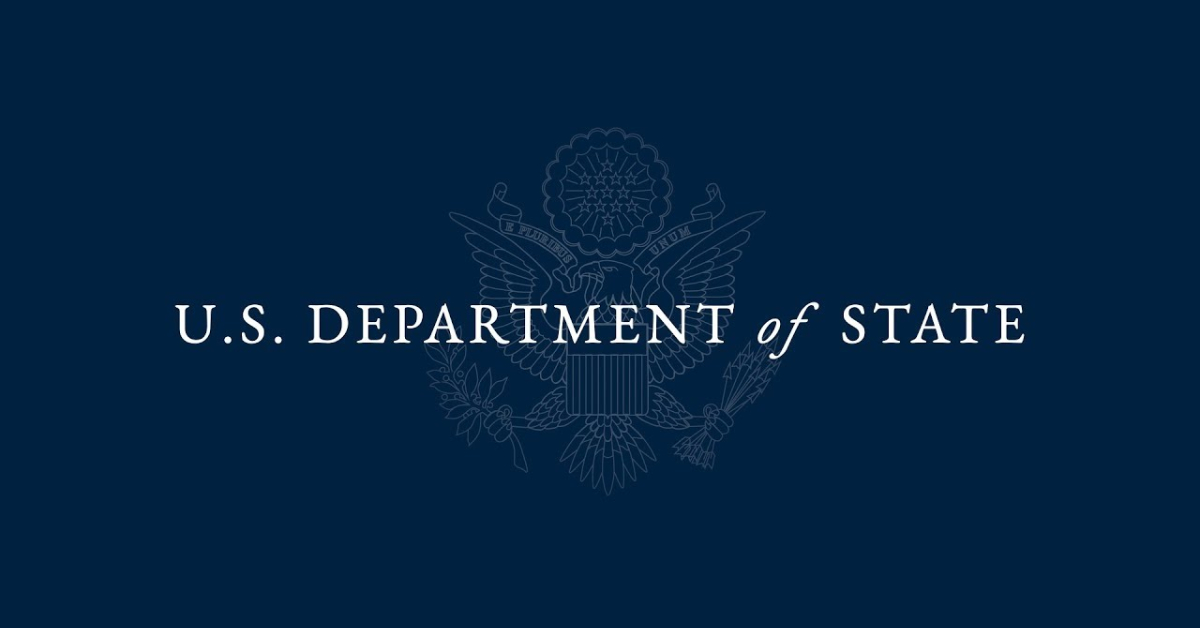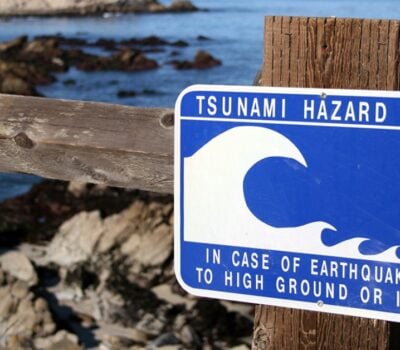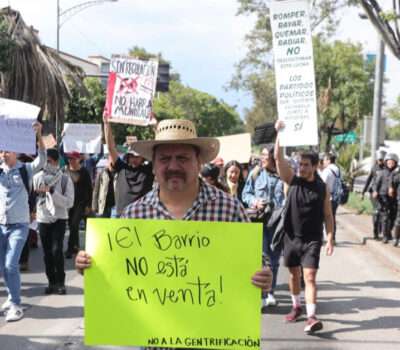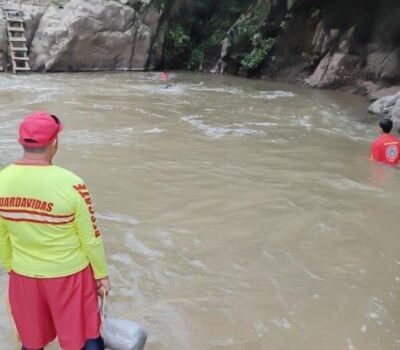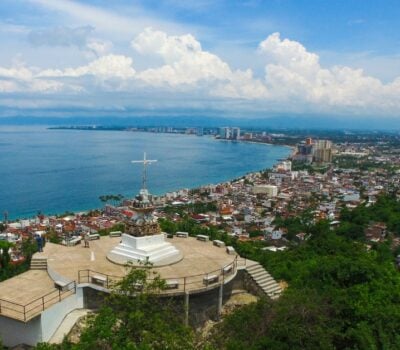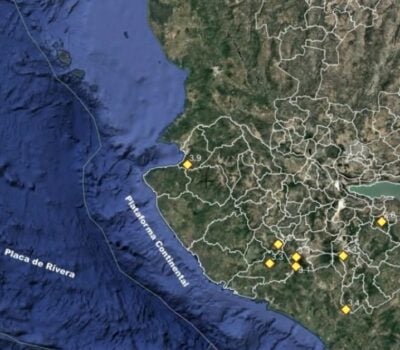The US State Department on June 13 rejected claims that the United States had dangled tariff relief for Mexico as an incentive to investigate senior Mexican politicians.
Do you remember that time the first Trump administration was accused of holding aide money until Ukraine would probe the Biden family?
In a statement from the Bureau of Western Hemisphere Affairs on X, the department described the allegation as unfounded and emphasized that US–Mexico collaboration focuses on combating drug cartels and related corruption—not political investigations.
According to the post, “The United States and Mexico continue working together to combat cartels and corrupt actors connected to them.” The department’s message sought to reaffirm that security coordination remains a priority for both governments and to dispel recent reports suggesting otherwise.
The denial follows a Reuters report on June 11 that said the Trump administration had pressed Mexico to investigate and prosecute politicians suspected of links to organized crime. Sources familiar with the matter told Reuters that US officials, including Secretary of State Marco Rubio and his team, raised the issue in multiple bilateral meetings and hinted at the possibility of tariffs to spur cooperation.
That report detailed how US negotiators sought to encourage Mexico to extradite suspects to the United States and to launch investigations into figures within President Claudia Sheinbaum’s own Morena party. It named Baja California Governor Marina del Pilar Ávila among those reportedly discussed during the talks and cited threats of further trade measures if Mexico failed to act.
Mexico’s Foreign Ministry has also publicly dismissed suggestions of pressure over political probes. Officials said they have provided transparent accounts of security conversations with the US and that no request for targeted investigations ever took place. President Sheinbaum and her team have described the original allegations as completely false.
Observers say the episode underscores growing tensions over how far the US can push its neighbor on security issues. While Washington views cartel corruption as a national security threat, Mexican leaders have bristled at any hint of external meddling in domestic affairs.
Despite the spat over political investigations, both nations appear keen to keep channels open on broader security cooperation. The two governments are set to meet again at next week’s G7 summit in Canada, where drug trafficking and border control are expected to top the agenda.
Analysts warn that public disputes over leaked negotiations risk distracting from core joint efforts to curb cartel violence. But the State Department’s swift denial suggests US officials want to put the matter behind them and return focus to shared law-enforcement goals.
As US-Mexico ties face pressure from trade disputes and political debates, both sides will test whether they can balance national interests with the imperative to stem the flow of illicit drugs and money across their border.


